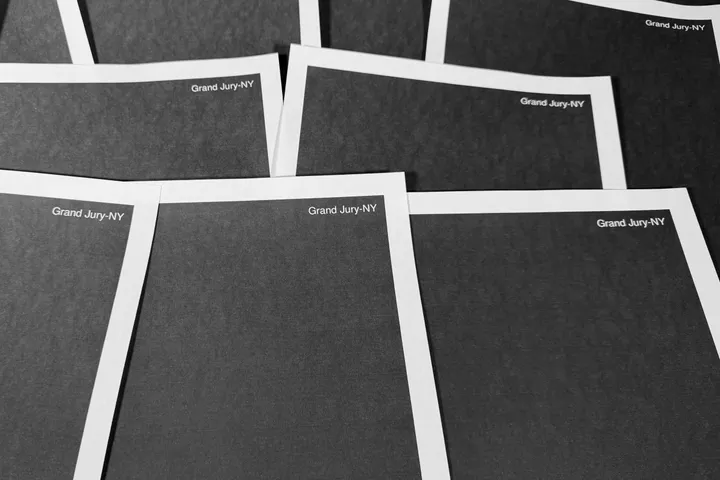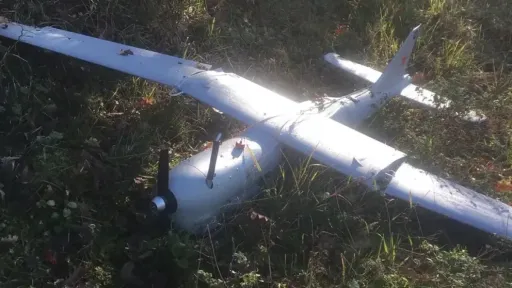Hong Kong activists urged Taiwan on Tuesday to help promote democracy in the Chinese-ruled city amid its worst political crisis in decades and called for a mass rally before the 70th anniversary of the founding of Communist China on October 1.
Hundreds of thousands of people have taken to the streets of Hong Kong since mid-June in sometimes violent protests denouncing perceived creeping interference by Beijing. China denies the charge.
Hong Kong, a former British colony, returned to Chinese rule in 1997 under a "one country, two systems" formula guaranteeing its freedoms.
China has suggested the same formula for Taiwan, which it considers an unruly, breakaway province.
Many in Taiwan have been closely watching Hong Kong and become increasingly wary of Beijing's "reunification" agenda.
"I hope people can brainstorm together on how to win this war against Beijing's white terror and authoritarian rule," Lester Shum, one of the student leaders of Hong Kong's pro-democracy "Umbrella" movement five years ago that foreshadowed the current unrest, told reporters in Taipei.
White terror is a common expression to describe anonymous acts that create a climate of fear.
"Friends in Taiwan are not bystanders of the movement in Hong Kong. Taiwanese are participants," he said. "China will definitely want to take over Taiwan after it takes over Hong Kong."
Joshua Wong, one of the most visible leaders of the 2014 movement, called for a mass rally.
"We hope Hong Kong can one day become Taiwan, a place with democracy and freedom," he said.
Wong is on bail after he was arrested last week, charged with inciting and participating in an unauthorised assembly outside Hong Kong police headquarters on June 21.
Taiwan President Tsai Ing-wen said on Tuesday her administration was keeping a close eye on the Hong Kong crisis.
Beijing has accused Taipei of supporting the Hong Kong protests, an accusation Taiwan denies.
"Like the rest of the international community, when necessary and based on humanitarian concerns, we will provide necessary assistance to Hong Kong residents in Taiwan, and will not just stand on the sidelines and watch," she said in a statement.
"The Republic of China (Taiwan) staunchly supports democracy and freedom in Hong Kong and hopes that Hong Kong society can quickly restore stability."
Hong Kong lawmaker Eddie Chu urged Taiwan authorities to come up with "humanitarian mechanisms" to take in demonstrators from the city, after hundreds of arrests since the protests began.
"There could be even worse conflict to come in Hong Kong... We hope the Taiwan government and political parties can make preparations for that scenario," he said.
Lam says she hasn't resigned as it's easy way out
Hong Kong leader Carrie Lam said on Tuesday she has never tendered her resignation to China over the anti-government protests that have roiled the city for three months.
Lam was asked repeatedly at a news briefing about a Reuters report on Monday citing leaked audio of her telling business leaders recently that she would quit if she had a choice.
"I have never tendered a resignation to the central people's government. I have not even contemplated to discuss a resignation ... the choice of not resigning was my own choice," Lam said when asked why Beijing refused to let her quit.
"I know it is not going to be an easy path, and that's why I have said that I have not given myself the choice to take an easier path and that is to leave."
Lam also slammed the recording and leaking of her comments from the private meeting as "unacceptable".
The transcript of a talk given last week by Hong Kong Chief Executive Carrie Lam to a group of businesspeople in the city was earlier released.
The transcript is taken from an audio recording of Lam's remarks that was obtained by Reuters.
People who attended the talk say she spoke for about a half-hour.
The recording, which runs 24 minutes, captures the bulk of the event.
Reuters has redacted the transcript in a few spots to remove the names of individuals mentioned by Lam, as well as details related to the meeting.
'No plans to send in PLA'
The transcript does not include a short question and answer session after her talk.
" ... for a chief executive to have caused this huge havoc to Hong Kong is unforgivable. It's just unforgivable. If I have a choice, the first thing is to quit, having made a deep apology, is to step down. So I make a plea to you for your forgiveness," Lam said according to the transcript.
"This is not something malicious. This is not something instructed, coerced by the central government. This is out of a good intention, myself and some of my key colleagues to try to plug legal loopholes in Hong Kong's system, very much prompted by our compassion for a single case, and this has proven to be very unwise given the circumstances."
"I'll be very honest with you, it would be naive for me to paint you a rosy picture, that things will be fine or I have a deadline. But I can assure you that Beijing does not have a deadline. They know this will ripple on. So we have made special arrangements and there will be a 1st of October national day celebrations but still having a lot of disruptions," she said in the transcript of leaked recording.
"Another thing I want to assure you, that is my own feeling the pulse and through discussions, CPG (Central People's Government) has absolutely no plan to send in the PLA. They are now doing, sort of, acts which I'm sure you're quite aware of amongst the Communist Party, they're just quite scared now. Because they know that the price would be too huge to pay. Maybe they don't care about Hong Kong, but they care about 'one country, two systems.' They care about the country's international profile."
Lam's role
Lam was elected as Hong Kong's chief executive by a pro-Beijing committee of Hong Kong elites, and the mainland government has spoken in support of her government and the city's police force throughout the sometimes-violent protests.
The demonstrators who have filled parks and streets regularly since early June want democratic reforms to Hong Kong's government and an independent enquiry into police actions against protesters.
Lam has come under withering criticism for pushing an extradition bill that would allow Hong Kong residents to be sent to mainland China to stand trials. She has suspended the bill, but the protesters want it entirely withdrawn.
Clashes between police and protesters have become increasingly violent, with demonstrators throwing gasoline bombs and rods at officers in fresh weekend protests.
Authorities, in turn, have employed water cannons, tear gas, rubber bullets and batons.
More than 1,100 people have been detained.
Fears of a Chinese crackdown
Lam said on Tuesday that the "one China, two systems" formula when the former British colony was returned to China in 1997 would be upheld. The formula promised greater civil rights in Hong Kong than those afforded to mainland Chinese, but Hong Kong residents have expressed worries those promises are eroding.
She also said the Chinese government also believes that the Hong Kong government can overcome the conflict on its own, without any interference.
The mostly young protesters say that a degree of violence is necessary to get the government's attention after peaceful rallies were futile. Lam's administration wants the violence to first end before any fruitful dialogue can begin.
Tens of thousands of students, clad in gas masks and hard helmets along with their formal school uniforms, boycotted the first day of classes Monday as part of a citywide strike.
Workers also participated in a rally at a public park adjacent to the government headquarters.
The prolonged protests have hurt Hong Kong's economy amid a slowdown in the Chinese economy and its trade war with the US.
























